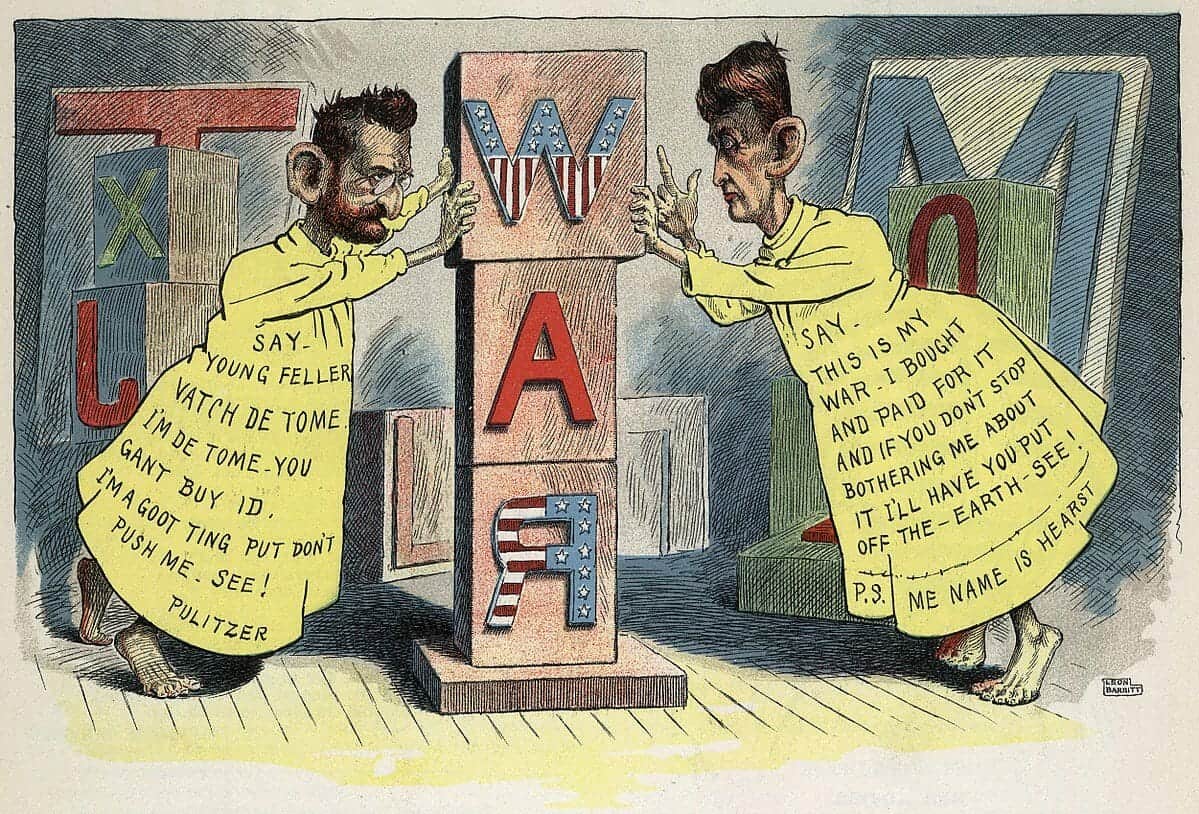│By Jessica Crawley, Gale Ambassador at Lancaster University│
One of the most interesting and – to some – most perplexing aspects of philosophical writings is that newer does not equal better. For example, some of the greatest advancements in metaphysics were made by Aristotle, who was writing in Ancient Greece well over two-thousand years ago. Not only this, but our gendered and Western-mandated criteria of what ‘deserves’ the title of ‘philosophical writing’ is (finally) beginning to evolve.


